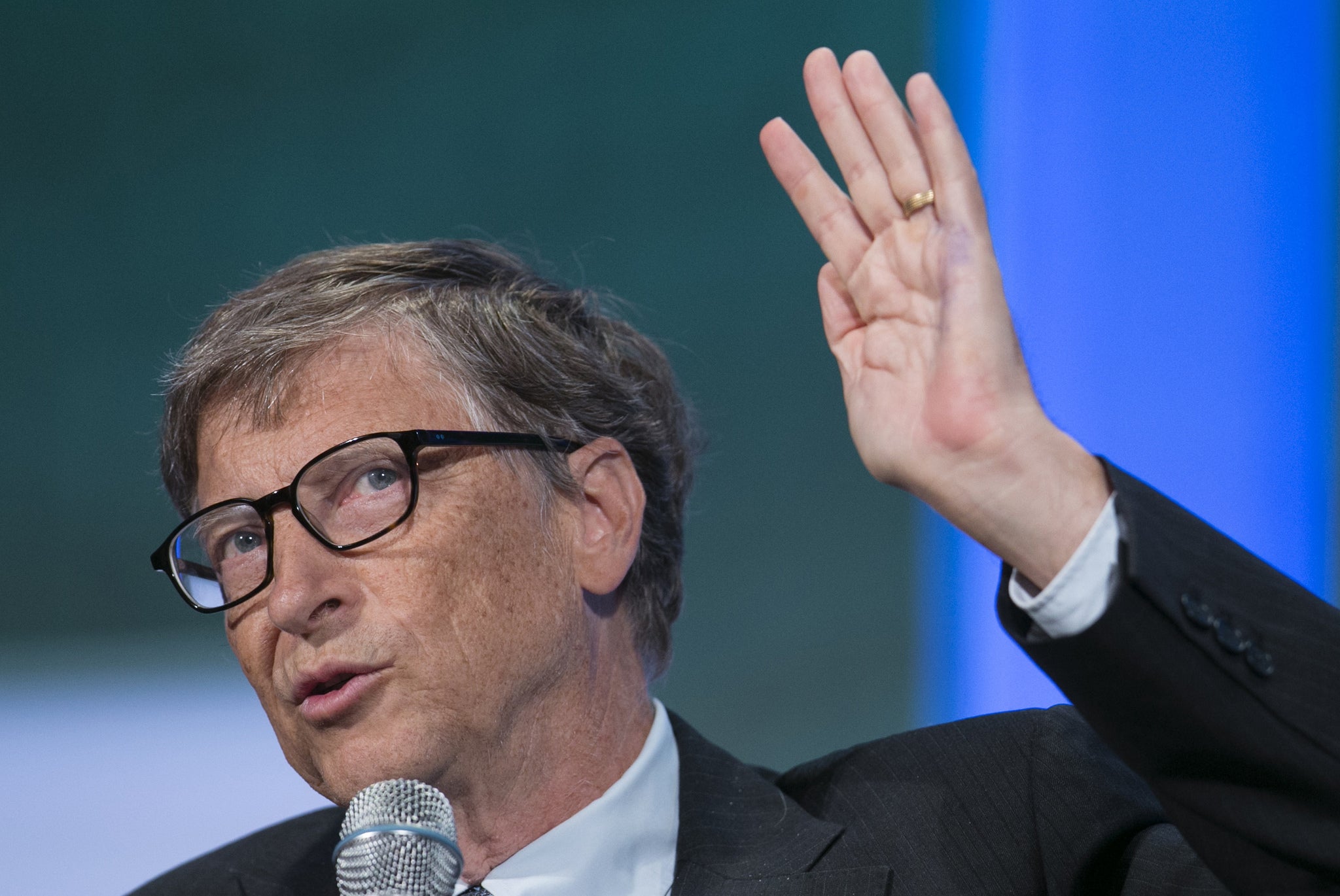
It’s pretty tough to understand exactly how ludicrously large a figure one trillion dollars is. ‘One with twelve zeroes’ doesn’t do it justice, but instead imagine this: even if you were profligate enough to spend a million dollars a day it would still take you 2,739 years to burn through a trillion dollars. It's that much money.
The owner of such a sum would be wealth enough to give out $140 to everyone on the planet, or – if the whim took them - buy the entirety of central London at today’s real estate prices, as The Times has recently reported.
This sort of thought-experiment isn’t just financial rubbernecking though, as financial experts don’t just expect there to be one trillionaire on Earth pretty soon – they expect there to be eleven of them within about 60 years time.
As the annual Global Wealth Report from Credit Suisse said last year: “Two generations ahead, future extrapolation of current wealth growth rates yields almost a billion millionaires, equivalent to 20 per cent of the total adult population.
What can you buy with a trillion dollars?
Show all 7“If this scenario unfolds, then billionaires will be commonplace, and there is likely to be a few trillionaires too, eleven according to our best estimate.”
So far this all looks on course, with the most recent Forbes rich list showing that to reach the trillionaire mark last year you’d have to add together the net worth of the top 51 richest Americans – this year that number is down to just 37.
Research from Oxfam also gives the disturbing estimation that the richest 85 individuals have as much as half the global population – around 3.5 billion people - while French economist Thomas Piketty has been causing waves with his analysis of global capitalism and the inevitable accumulation of wealth it allows.
"The West, in short, is in a new Gilded Age, where an ever greater share of the national pie is held by the same families, and passed down from generation to generation," writes Rupert Cornwell, summarising Pikkety for The Independent last month.
But who exactly will the first trillionaire be? Most estimates suggest Microsoft founder Bill Gates is the most likely candidate. Already the world’s richest man, Gates has an estimated personal fortune of £72 billion, with The Times noting that “if US national wealth grows at the rate it has in recent decades and if the richest few continue to increase their share of it, [Gates] is on track to hit the target in old age.”
This sort of prediction has been made before though (Wired magazine thought that Gates would become the world’s first trillionaire in 2004) and even in situations of the most extreme and monopolistic capitalism, the trillion mark has still been quite some way off for the world's super-rich.
We can compare Gates with John D. Rockefeller – the American oil tycoon who is generally thought to be the richest individual in recorded history. At its height, Rockefeller’s personal wealth is estimated to have made up around 1.5 per cent of the entire US economy, with his fortune equivalent to some $350 billion in today’s money. It's a staggering amount of money - but it's still less than halfway to a trillion.
Rockefeller’s dominance over his industry was so great that it basically kickstarted the antitrust movement in the US – with new laws introduced to break up the company he founded, Standard Oil, in 1911 as well as ensure that similar monopolist enterprises could not rise again. This makes the sort of wealth accumulation necessary to become a trillionaire difficult – but not impossible.
And if the fabled trillionaire is to arise from any sector of industry, it’s likely to be technology, where - as Slates’ Elliot Hannon pointed out in reaction to Credit Suisse’s report - a global labour pool can be used to “to make affordable products, inexpensive enough that workers can soon become the consumers of the products they are making.”
Subscribe to Independent Premium to bookmark this article
Want to bookmark your favourite articles and stories to read or reference later? Start your Independent Premium subscription today.

Join our commenting forum
Join thought-provoking conversations, follow other Independent readers and see their replies